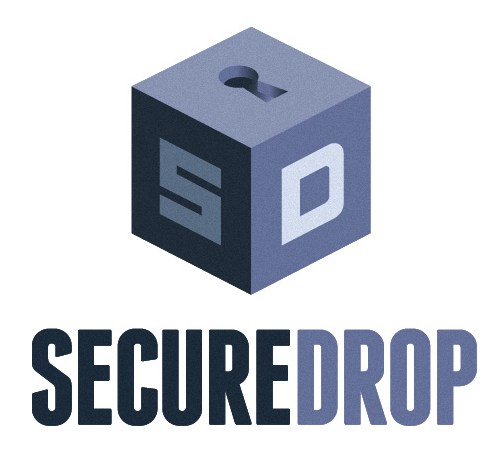Now that the celebrating is out of the way, I thought it might be time to take a look at some of the stories we covered on FOSS Force this year.
1. The NSA. The biggest story to come down the wire this year undoubtedly had to do with Edward Snowden’s revelations about the National Security Agency’s bag of dirty tricks. Even those of us who have long understood that the Internet isn’t necessarily a place to expect privacy were surprised at how deeply the NSA has managed to reach into the Internet. Odds are, if you’ve been using social networks, everything you’ve posted is now on file with the NSA. What’s worse, every email you’ve sent probably has a copy resting on a NSA server somewhere.
Christine Hall has been a journalist since 1971. In 2001, she began writing a weekly consumer computer column and started covering Linux and FOSS in 2002 after making the switch to GNU/Linux. Follow her on Twitter: @BrideOfLinux



 There’s plenty about Rockstar vs Everybody Android to remind me of the SCO fiasco. Enough so to make me wish we still had PJ and Groklaw to take care of the play-by-play. Last week, Google returned fire. Wouldn’t it be nice to have PJ’s take on this?
There’s plenty about Rockstar vs Everybody Android to remind me of the SCO fiasco. Enough so to make me wish we still had PJ and Groklaw to take care of the play-by-play. Last week, Google returned fire. Wouldn’t it be nice to have PJ’s take on this?


 Brazil is already spending big bucks in an effort to make sure that no Internet cable entering their country goes anywhere near the US of A and is working to pass laws to make sure all Brazilian businesses use only servers located in-country. Similar efforts are underway in Europe, most notably in France and Germany.
Brazil is already spending big bucks in an effort to make sure that no Internet cable entering their country goes anywhere near the US of A and is working to pass laws to make sure all Brazilian businesses use only servers located in-country. Similar efforts are underway in Europe, most notably in France and Germany.
